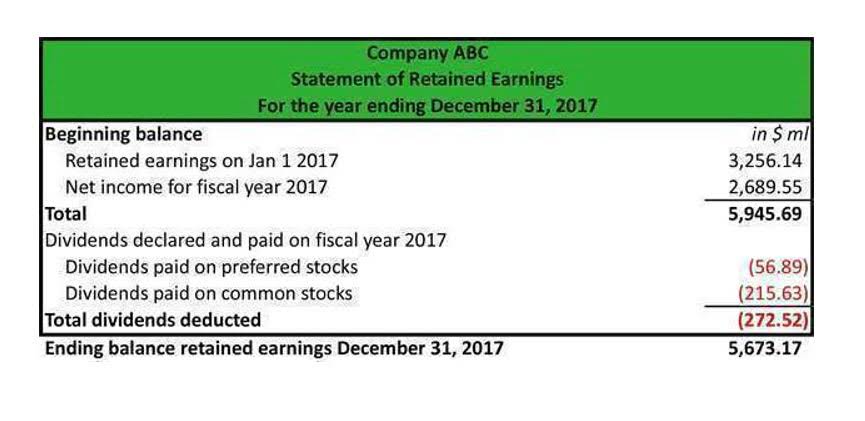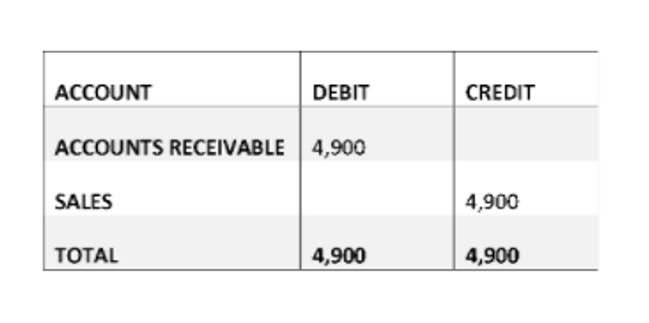
This can be done manually, through software, or using calculators online. So, in other words, gross pay refers to the amount you pay your employees based on the agreed-upon salary or wage, before mandatory and voluntary deductions. If you’ve worked extra hours, that pay is added to your gross earnings before taxes and deductions. However, overtime rules can vary based on where you work and your employer’s policies. The amounts deducted on account of employee benefit plans such as retirement and pension plans are not immediately received by the employees. The same is received after the conditions are met by the employees attached to such plans.

How to calculate net pay in easy steps
- It’s important to make sure you apply voluntary deductions correctly and that the employee understands what you are deducting.
- Common deductions include income taxes, Social Security contributions, Medicare taxes, health insurance premiums, retirement plan contributions, and other allowed withholdings.
- The pay structure and discussions around compensations in the corporate world surrounds around gross pay and net pay salary.
- Income level, filing status, and applicable tax rates all influence the amount of income tax deducted.
- When it’s time to calculate net pay, all the hours worked are seamlessly integrated into the payroll process.
- Net pay is the amount of salary that a company incurs for its employees after deductions.
- Employers need to handle various deductions, such as income tax and social security contributions, which are required by law or selected by employees.
The net pay is the amount an individual receives in their paycheck after all deductions and taxes have been deducted. It indicates an individual’s actual take-home pay, which is used for personal needs, savings, and other financial obligations. The amounts are calculated and totaled once the different forms of deductions have been identified. Calculating all deductions accurately is critical for calculating net pay, which is the which of the following equations calculates net pay? final amount an individual earn after all deductions have been taken into account.
What is gross pay?
Subtract pretax deductions and nontaxable arrangements from gross wages to arrive at taxable wages. These are payroll deductions and Restaurant Cash Flow Management arrangements that are excluded from tax withholding under Internal Revenue Service guidelines or state law. Since they are deducted prior to taking taxes, they lower the employee’s taxable wages and increase his or her take-home pay.

Employee Login
Without accurate attendance records, it’s easy to make mistakes, like overpaying employees or not accounting for time off properly. By using attendance tracking software, you can ensure that all leave time is accurately reflected in each employee’s pay. Factorial’s time tracking system takes care of this by automatically recording employees’ work hours, whether they’re clocking in from the office or working remotely. This means there’s no need to manually track hours or rely on potentially inaccurate gross vs net timesheets.


Transparency builds trust between businesses and employees by allowing individuals to understand how their net pay is calculated and which deductions are implemented. Net pay is the total money an individual receives after deducting all deductions and taxes from their gross pay. Net pay indicates an individual’s actual take-home pay or income used for personal expenses, savings, and other financial obligations. Subtracting all deductions from gross pay accurately assures compliance with tax legislation and other legal requirements. Subtracting all deductions allows individuals to comprehend their genuine wages and assists corporations in effectively managing payroll.
Difference between net pay and gross pay
- Net pay indicates an individual’s actual take-home pay or income used for personal expenses, savings, and other financial obligations.
- Simply subtract all the deductions from the gross pay and add any bonuses or adjustments to find the final take-home amount.
- However, the employee doesn’t have the entire amount of gross pay.
- This means you take out a voluntary deduction from your employees’ payroll before calculating mandatory taxes.
- Plus, the system generates payslips for employees, giving them a clear breakdown of their gross pay, deductions, and net pay.
Make sure you check the tax rates in your employee’s state and locality and apply the correct amount. If the employee receives a bonus or incentive, you should add that to their total earnings for the period. For commission-based workers, the commission earned during the pay period is added to their base salary or hourly earnings. For example, if an employee works 40 hours at $15 an hour, their gross pay for the week would be $600.
